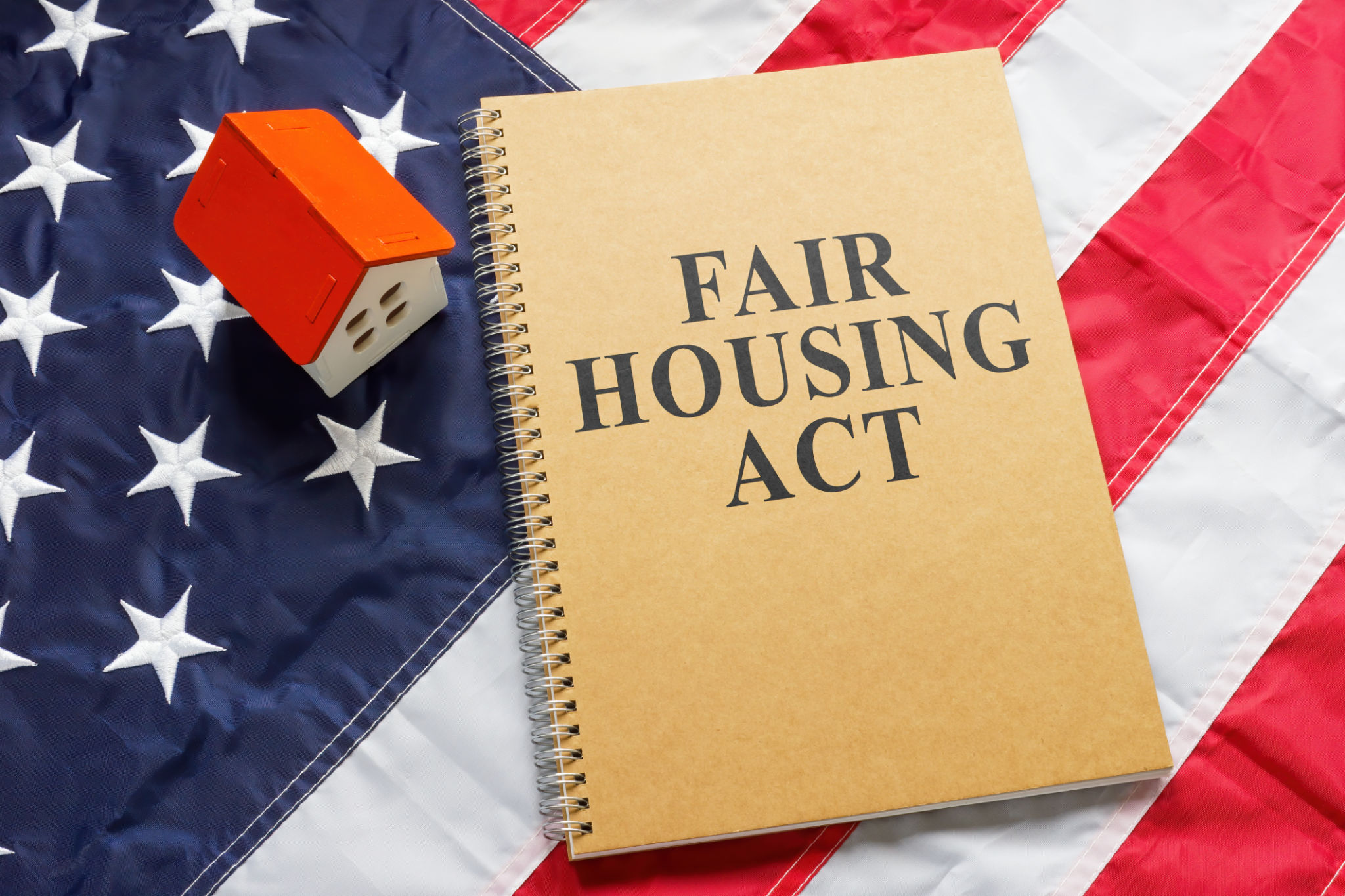Legal Compliance in Property Management: Avoiding Common Pitfalls
Understanding Legal Compliance in Property Management
Property management involves a complex interplay of laws and regulations that govern how properties are maintained and leased. Ensuring compliance with these laws is crucial to prevent legal disputes and financial penalties. Property managers must stay informed and proactive to manage their properties effectively.

Key Areas of Legal Compliance
There are several key areas where property managers must ensure legal compliance. These include tenant rights, fair housing laws, maintenance regulations, and health and safety standards. Each of these areas has its own set of rules, and non-compliance can lead to significant issues.
Tenant rights are a foundational aspect of property management. Property managers must understand lease agreements, security deposit handling, and eviction processes. Failing to adhere to these can result in legal action from tenants.
Fair Housing Laws
Fair housing laws are designed to prevent discrimination in housing-related activities. Property managers must ensure they do not discriminate based on race, color, national origin, religion, sex, familial status, or disability. Violations can result in severe penalties.
Regular training and policy updates can help property managers maintain compliance with fair housing laws. Implementing these practices not only safeguards against legal action but also promotes a fair and inclusive community.

Maintenance Regulations
Maintaining a property involves adhering to various local building codes and standards. Property managers must ensure that buildings are safe and habitable. This includes regular inspections, timely repairs, and adherence to environmental regulations.
Neglecting maintenance can lead to tenant complaints and potential lawsuits. Thus, having a robust maintenance schedule is essential for legal compliance and tenant satisfaction.
Health and Safety Standards
Compliance with health and safety standards is imperative to protect both tenants and the property itself. This involves ensuring fire safety measures, sufficient lighting, secure stairwells, and more.

Avoiding Common Pitfalls
To avoid common pitfalls in legal compliance, property managers should:
- Stay Educated: Regularly update knowledge on current laws and regulations.
- Implement Systems: Use property management software to track compliance tasks.
- Conduct Audits: Regularly audit properties for compliance issues.
By taking proactive measures, property managers can not only avoid legal complications but also foster a safe and welcoming environment for tenants.
The Role of Legal Counsel
Having access to legal counsel is invaluable for property managers. Legal experts can provide guidance on complex issues, help draft compliant lease agreements, and offer advice on potential legal challenges.
In conclusion, maintaining legal compliance in property management is an ongoing process that requires diligence, education, and proactive measures. By understanding the laws that apply to their properties and taking steps to comply with them, property managers can avoid common pitfalls and ensure smooth operations.
